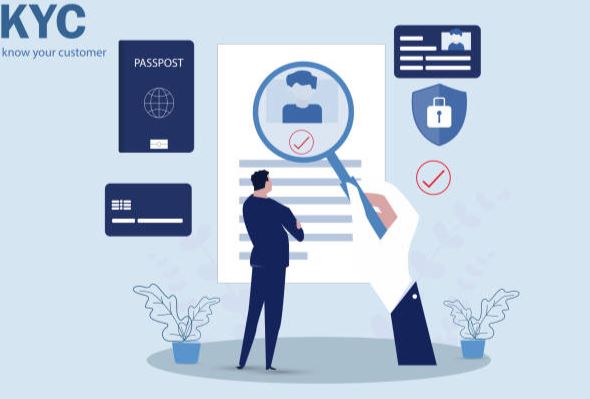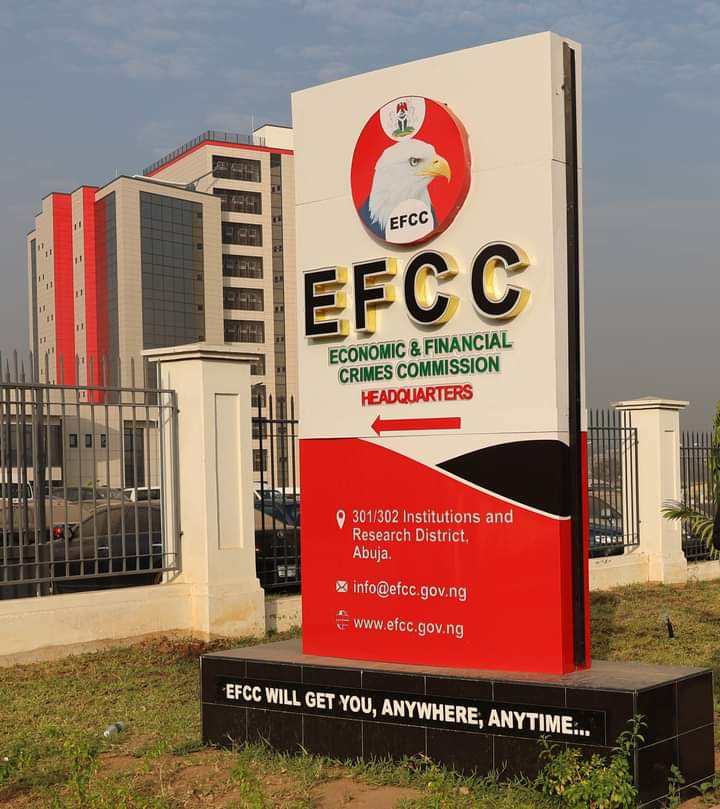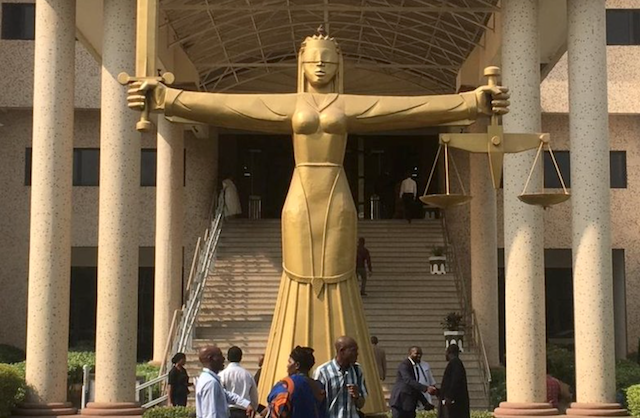Technologies are getting advanced daily, and new features are being added to them; this leading trend of excessive use of digital media has gained the attention of cyber scams. Scammers drive new means to hack clients’ accounts; they steal their identity and commit illicit activities using their names and personal data.
Cyber crimes are increasing in the US, and more than 40% of individuals showed security concerns. Identity verification document provides the best hedge against all these crimes; they enhance the companies’ security and offer a smooth user experience. Businesses increase their revenue by properly verifying documents online.
What is Document Validation?
Digital means used to verify the kyc documents; no physical presence or document is required. Every task is performed digitally; therefore, these solutions are reliable and authentic. Traditional validation methods were time-consuming and prone to human error. Operators get tired and distracted; they sometimes need to focus more on data and commit mistakes while recording it. Previous methods took weeks to complete validation because the operator has to gather, collect, and analyze data, and it takes time to perform the whole task. Verification of online documents prevents companies from heavy penalties, as they comply with the latest rules and regulations. The government has made it essential for some companies, especially the financial sector, to follow the guidelines. It will onboard only verified clients, monitor them, and perform their risk assessment.
Document Validation Process
Identity documents are validated in three following steps:
- Users are asked to upload the scanned companies of the required documents and upload them on the given portal. These documents include identity cards, residential address details, bank statements, and utility bills. It is checked that the scanned images are correctly visible and complete.
- In this step, validation is done to ensure that the documents contain all the required data; any image is not photoshopped or illegal. For instance, the user is asked to upload the picture, but a photoshopped image is uploaded. Such acts will be recorded, and respective authorities are immediately informed.
- The last step involves verification; the documents uploaded by the client are matched against the previously stored template in the database. If both are the same, the user is genuine and authentic; otherwise, the request will be rejected, and no further process will occur. Red flags are shown for clients whose requests are rejected; this means a client is at high risk. Companies then maintain relationships with the client according to their risk rate. In the last step, some users are asked to give more documents for validation.
How Does Verification of Document Online Work?
-
Facial Detection
In facial detection, the solution extracts the image from the document and then matches the picture with the previously stored template in the government and private system database.
-
Information Correlation
Government identity cards contain data on both sides, verify identity documents correlated with the data and check its validity.
-
Document Scanning
Documents are adequately scanned to prevent fraudulent activity, and barcode readers are used for this verification.
-
Database Verification
To validate the data, government and private both databases are used; this is done to improve the result of verification.
-
Photo Liveness
Scanners are used to detect the user’s liveness, and it is a modified form of biometric. Hackers are so advanced that they sometimes present fake pictures to the scanner to bypass it. Therefore, a liveness check system was introduced. This solution detects the client’s movement or asks the customer to present the video where the user is speaking password. It is impossible to hack such advanced systems, and these solutions promise enhanced security.
Benefits of Identity Verification Online
The following are the benefits of document validation:
-
Customer Onboarding
Companies can easily onboard their customers and employees; the database saves the complete record of the users.
-
Fraud Prevention
Identity verification online hedge companies against money laundering, data breaches, and fraudulent activities; they use encrypted data methods.
-
Swift Speed
The speed of automated document verification is breakneck, and the process is done in seconds with just a single click.
-
Prevent Penalties
Companies can save their money and get protected against heavy penalties, as these solutions keep them compliant with the latest rules and regulations.
Conclusion
Developed countries are getting the benefits of identity verification online, as these solutions are very authentic and reliable. They improve the brand image and increase their customer retention rate. Clients get satisfied when their information is in safe hands and protected against fraudulent activities—continuous monitoring features of the system aid companies in getting up-to-date information from the client. Businesses can build a strong relationship with their clients when they have the latest and correct information about them. These solutions have shown their wonders in every field.









